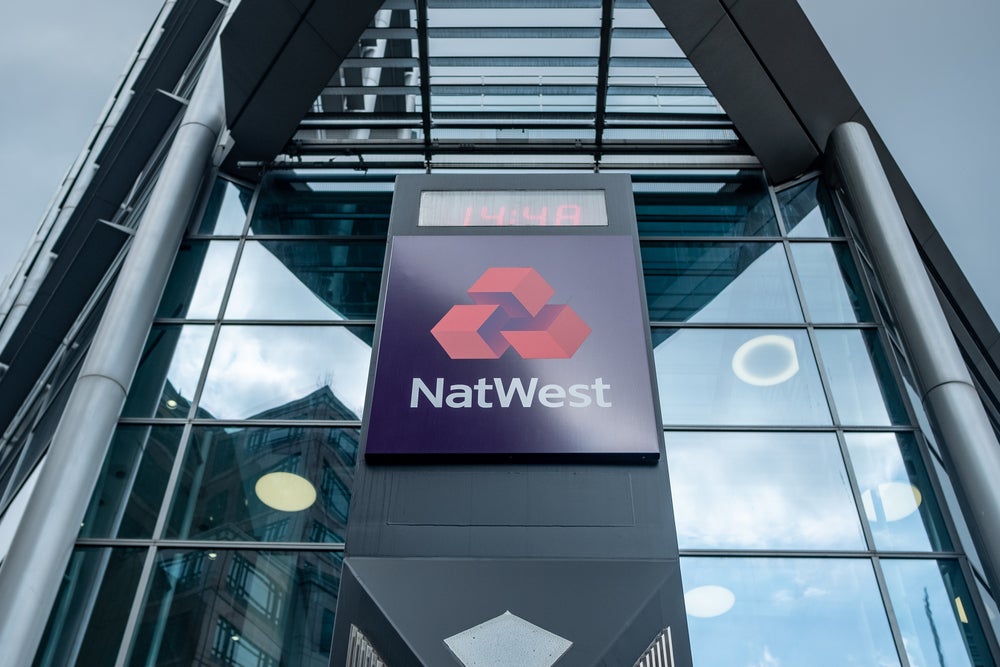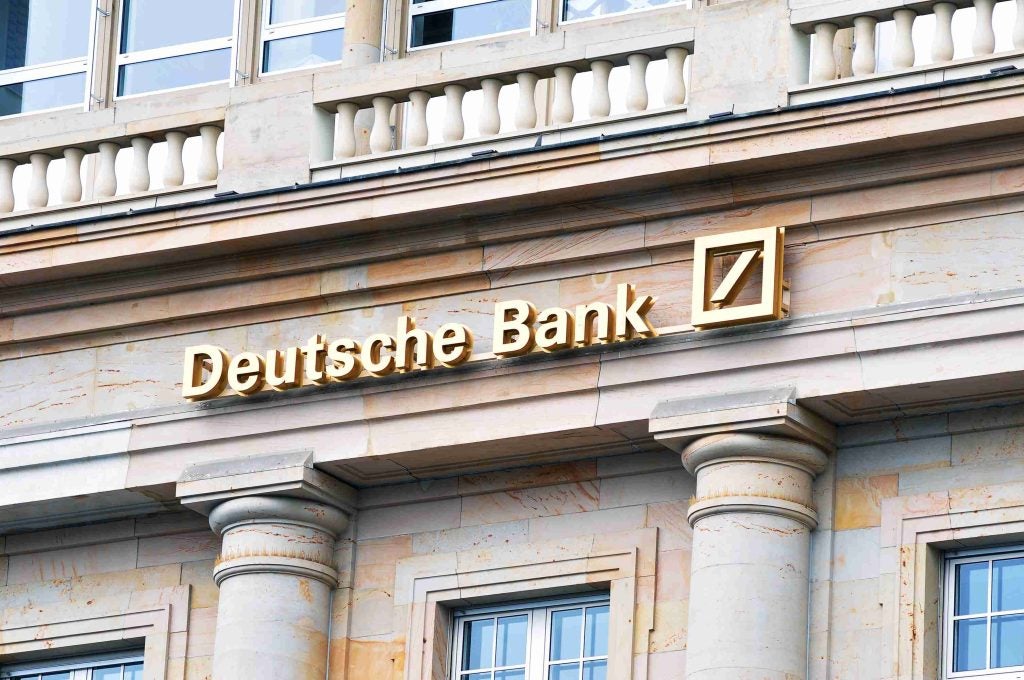Deutsche Bank is planning to set up a catastrophe-bond hedge fund, in spite of the difficulties it faces in doing so due to new US regulations, Hedge Fund Alert reported.
According to the article, Deutsche Bank is in the early stages of setting up a hedge fund which will invest in insurance and reinsurance linked assets including catastrophe bonds.
Deustche Bank, which has yet to begin marketing the fund, plans to seed it with $100 million, in spite of the restrictions placed on it by the Volcker rule, which strictly limits the amount that banks can invest in hedge funds.
The bank’s Asset & Wealth Management unit will run the new fund, with new re-hire Michael Amori as manager, according to the article.
During his first stint at Deutsche, Amori co-headed a “longevity markets” group within the bank’s corporate-banking and securities division. That role saw him arrange swaps designed to allow corporate pension managers to shed the risk that their beneficiaries would live longer than projected.
How well do you really know your competitors?
Access the most comprehensive Company Profiles on the market, powered by GlobalData. Save hours of research. Gain competitive edge.

Thank you!
Your download email will arrive shortly
Not ready to buy yet? Download a free sample
We are confident about the unique quality of our Company Profiles. However, we want you to make the most beneficial decision for your business, so we offer a free sample that you can download by submitting the below form
By GlobalDataFunds like the one Deutsche is planning typically deal in less-exotic fare. Take catastrophe bonds, which are among their most common investments. Those instruments essentially act as short-term reinsurance products, allowing insurers to offload some of the risk that they would face major payouts if a natural disaster strikes a specific location during a given window of time.
The largest operators of hedge funds that invest in insurance-linked securities are Credit Suisse, with $4 billion to $5 billion at work in the sector; Fermat Capital, which runs about $4 billion; and the $8 billion Nephila Advisors, which sold a minority stake in its business to Kohlberg Kravis Roberts in January.
Napier Park Global Capital, which spun off from Citigroup this year, also is planning the launch of an insurance-focused vehicle, the publication added.







